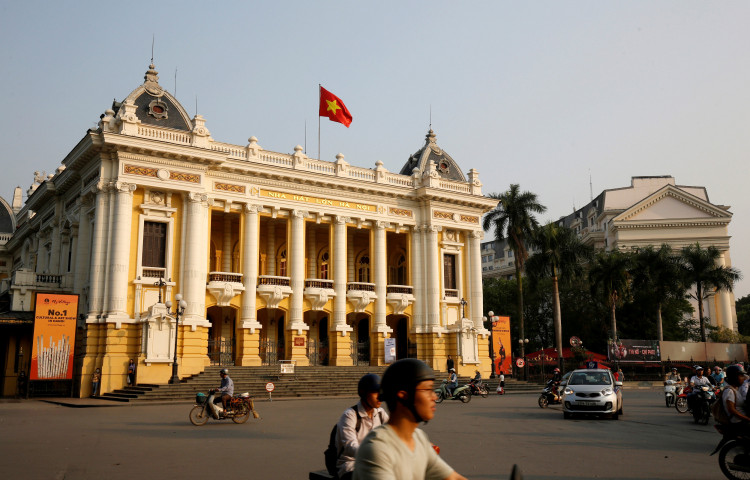Hanoi, Vietnam will see the rise of a smart city powered by the Internet of Things (IoT) as Japan's Sumitomo Corp. and Vietnamese developer BRG Group have agreed to dish out 450 billion yen ($4.21 billion) for the project.
According to Nikkei Asian Review, groundbreaking is scheduled for 2020 on the outskirts of Hanoi. The two companies confirmed on Sunday that the plan includes around 7,000 homes and apartment complexes.
Sumitomo President Masayuki Hyodo said that while there is no "fixed goal" for planning cities, the project will focused on the specific needs and demands of the people of Vietnam. The two sides have agreed to split the funding equally at 50-50 to build a smart city in 270 hectares of land.
As part of the initial plans for Hanoi's smart city, the project seeks to run the city on IoT technology segments such as facial recognition, surveillance cameras, artificial intelligence (AI), and other high-end technologies.
The purpose of employing IoT in the project is to encourage other Asian countries to integrate energy-saving technologies into infrastructure and building projects.
If everything goes as planned, high-rise apartments in Vietnam's smart city are expected to be open for occupancy to around 20,000 to 25,000 people sometime 2022. Other amenities will be developed by the second phase of the plan.
Among the facilities for the Hanoi smart city that were mentioned during the meeting of Sumitomo and BRG Group are an international airport that will be developed in the near future, as well as a state-of-the-art rail station that should link the planned airport to the metropolis.
Industry experts noted that the smart city project in Vietnam was made possible by the recent growth that the country experienced ever since the China-U.S. trade war kicked off last year.
Vietnam is considered a winner in the trade war by many analysts, especially after it was revealed that the country's economic growth moved at a faster rate in the third quarter. The General Statistics Office said gross domestic product (GDP) increase by 7.31 percent compared to the previous year.
Head of the statistics office, Nguyen Bich Lam, noted that manufacturing was the key driver in economic growth. While Vietnam continues to push for industrial innovations to keep up with global demand and standards, many economists believe the country is on the right track.
Aside from a stabilizing economy that attracts investors, the Vietnamese market's interest on the internet and all things tech has gained the attention of foreign investors and international companies.
VN Express reported that the country's internet economy has reached $12 billion this year. Industry experts forecasted that with continues growth in internet-related activities, the sector could hit $43 billion within the next six years.
Google, Temasek's e-Conomy Southeast Asia 2019 report noted that Vietnam is "the most digital" of all internet economies in the ASEAN region.





